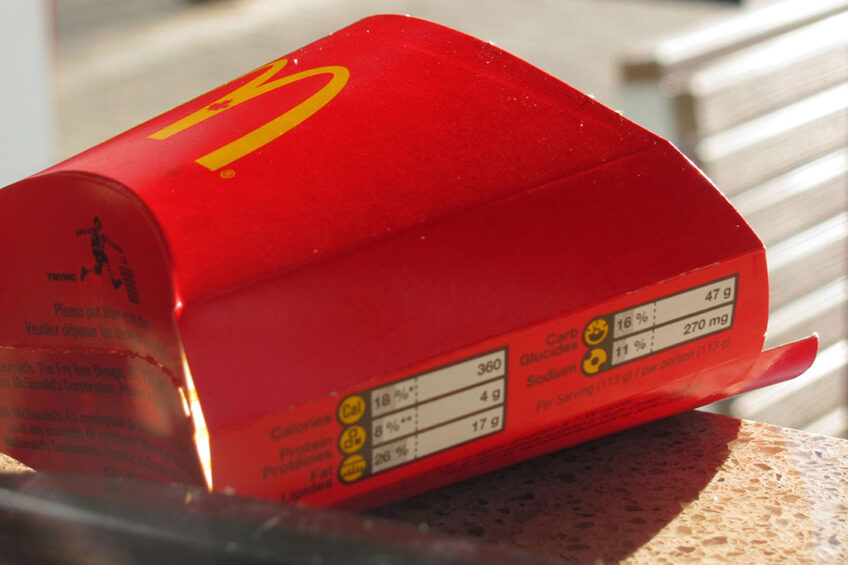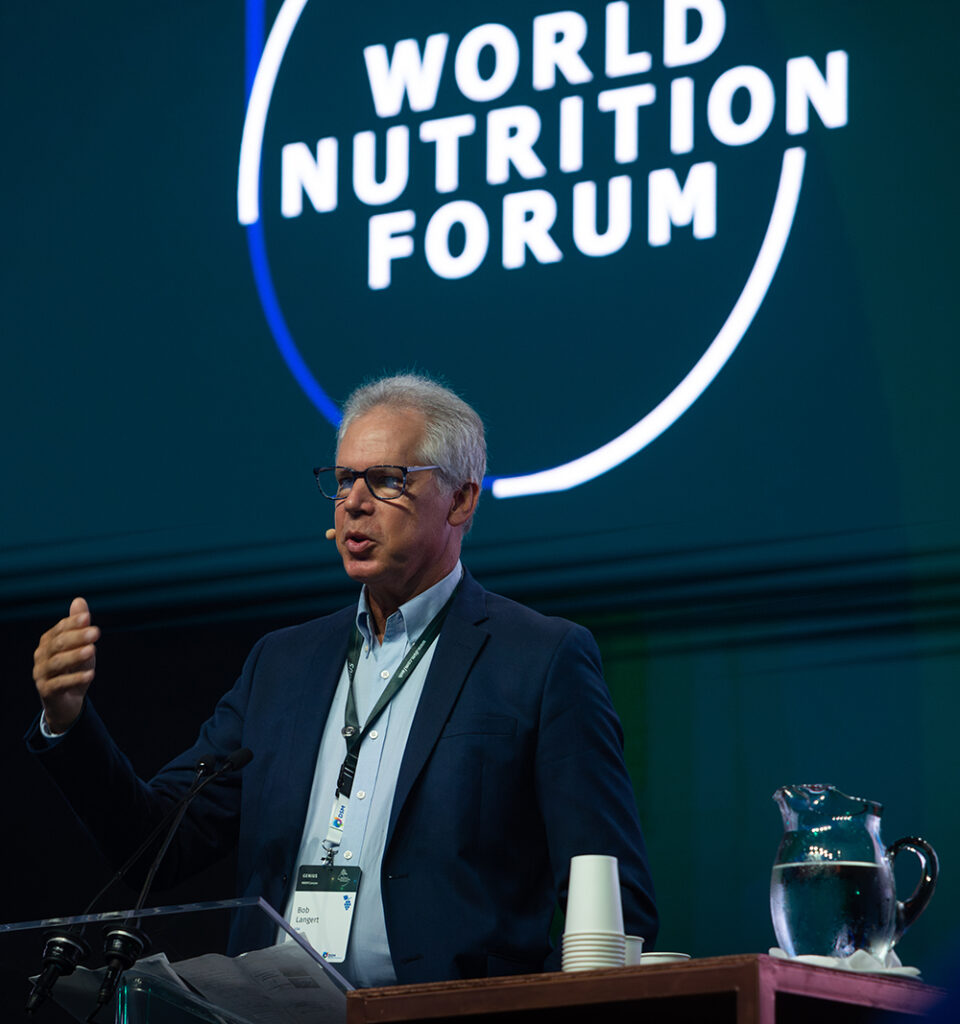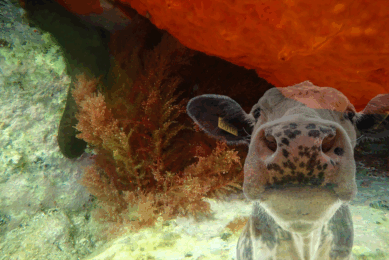How far has corporate sustainability come?

Over the last 3 decades corporate sustainability has evolved beyond anything Bod Langert, retired VP of CSR & Sustainability, McDonald’s Corp, thought possible. Langert shared his story of sustainability through the eyes of the McDonald’s journey.
Langert has been in the sustainability business for some 35 years and was instrumental in instigating sustainability polices in McDonald’s. At the recent World Nutrition Forum by dsm-firmenich in Cancun he addressed hundreds of leading experts from all aspects of the feed sector on the topic of ‘The evolution of corporate sustainability and what that means for you’.

The early beginnings
He told the audience that back in the 80s and 90s the language used for sustainability was non-existent. “There were no frameworks, no standards, no real jobs, no nothing. The idea of sustainability was considered peripheral and the approach reactive – fix the problem and move on, was the standard.” In many ways, Langert said, this approach cost companies more in the long run, rash decisions were made with no real science behind them.
Langert recalled his first foray into the world of sustainability, it was 1988 and he was plucked from the distribution centre at McDonald’s to head up the company’s the war on waste. It was at a time when McDonald’s packaging was considered a symbol for evil. “Then nobody really knew anything about sustainability.”
Corporations are learning that they are responsible for the entire lifecycle of their product
No quick fix
In 1990 McDonald’s partnered with the Environmental Defence Fund. A risky decision for McDonalds but together they came up with 100 initiatives to reduce, reuse and recycle. And over the following 10 years, through various mechanisms, they reduced 400 million tons of waste. With a corporation as big as McDonald’s, serving 69 million customers a day, a simple move of reducing the size of a napkin by one inch, saves 10 million trees and millions of dollars, he explained.
It is important that when dealing with a tough issue, you find a really good partner, get your suppliers engaged and above all don’t go into it thinking there is going to be a quick fix, he said.
But even after the success of reducing waste there was no momentum built on to that success. It was considered a problem solved now move on. Which he found frustrating.
Return on sustainability
In fact, Langert recalled, it wasn’t until 2014 that the CEO at the time, Don Thomspson, decided he was sick and tired of being reactive he wanted to move to a proactive strategy and create a sustainability framework.
They had to of course clear this strategy with the board. Langert finds that generally when it comes to the topic of sustainability people sit in one of 3 camps:
- The believers – they are all in
- Fence sitters – really don’t think it’s important
- Sceptics – they have to be convinced
But it is important to show that you gain more than you lose with a sustainability strategy. Langert explained that McDonald’s has 42 attributes related to its brand health, of which 50% are related to corporate responsibility and sustainability. And they worked out that if they improved their brand health by 1% they would increase their sales by 2%.
There is a lot to be gained, from customer loyalty to stakeholder engagement to brand building through media coverage.
Click here for more videos from the Future Feed Talks series
Change in mindset
“Corporate sustainability has come a long way,” he said “To think that sustainability is front and centre stage at a conference like this amazes me.” Langert believes that sustainability must be the biggest change in business practices over the last 35 years. Now most companies have sustainability officers, with teams. In fact to emphasise how far it has come he said that when he started out he had a team of 3, now in McDonalds that team is 34. There are even universities teaching sustainability courses.
“Corporations are learning that they are responsible for the entire lifecycle of their product. And that they need to address issues early. And not wait until politics get involved or the lawyers get involved or the media stir things up. It can be challenging but we need to do it not just because it is the right thing to do it but because it also makes good business sense.”











